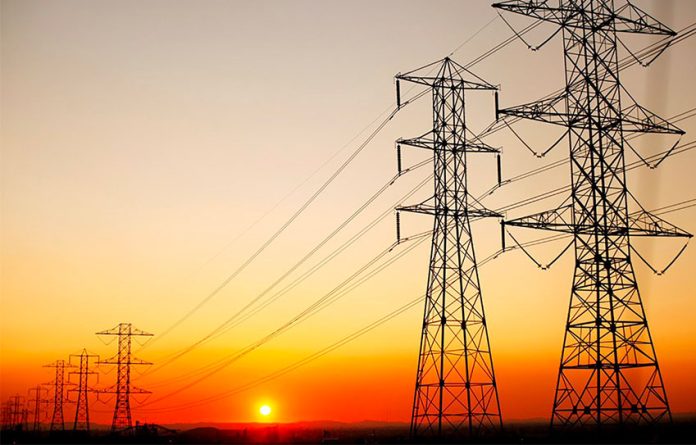The Federal Electricity Commission (CFE) has developed plans to curb private participation in the Mexican electricity market as part of an effort by the government of President López Obrador to consolidate power generation in state hands.
The CFE has created a “pliego petitorio,” a document that speaks of many ways in which the government is seeking to improve the conditions of the national electricity provider.
The document was prepared by the Federal Electricity Commission (CFE) and addressed to the Secretariat of Energy (Sener) and the Energy Regulatory Commission (CRE), identifying 80 specific issues, as well as 14 strategic issues for immediate attention, for strengthening the CFE.
The language in the document pleaded for the support of Sener, the CRE and the National Center for Energy Control (Cenace) to modify the regulation of manuals, resolutions and agreements as first implemented during the energy reform.
The most obvious adaptation is to increase transmission costs, which are the basis of investment projects of private companies, making a lot of private projects, above all in renewables, become economically unfeasible.
Transmission lines are key assets in the supply chain, taking the electricity from an area of production — potentially in rural areas where space is more freely available — to populated areas of high electricity demand.
In a similar fashion to what was discussed last week with fuels, the creation of more power is fruitless if the demand centers cannot access it. This could have even further ramifications for the development of the energy sector since across power, gas and fuels, the country is desperately short of production, a void that foreign investors are willing to fill. With such changes being implemented, contracts structured with private companies will also have to be reviewed given both the public and private arena must attain reciprocal value.
If approved, the legislation would have severely detrimental effects on the deregulated power markets, since the measures proposed by the CFE would harm companies that contribute around 12% of the country’s electricity supply, and above all to renewable energy generators. Mexico has made commitments to international climate change regulators and these changes will signify a regressive move for the country.
Secondly, the National Center for Energy Control (Cenace) has formally cancelled the medium-term electric auction.
In an official notice published last Friday, Cenace finally cancelled the already suspended auction from late March. Cenace should convene a medium-term auction every year to meet the basic electricity supply in the country, but since March 28 the Secretariat of Energy has warned of its intention not to continue with the auctions.
While this may not be a surprise to consumers or the wholesale electricity market, the failure to commit to auctions and the governing Morena party’s pessimistic approach to bid pricing provides another dent to the power sector and its desire to see a previously promised competitive market.
In response to claims from opposition parties and pro-energy reformists, López Obrador denied claims that he is trying to monopolize the power sector and return it to its former self. Instead, he claimed he was seeking to bring about changes as a strategic move to protect the people of Mexico and the nation itself. He continued in a similar tone to his dialogue on Pemex, indicating that it would indeed be possible for the CFE to restructure its debt and be profitable in economic terms for the benefit of the country.
He also assured the public that he is committed to the idea that the price of electricity does not increase in real terms during his sexennial, a task at which he has failed with aplomb in relation to fuel prices since his presidency began.
AMLO made it clear that he wants to assure the Federal Electricity Commission will continue to be the major distributor of electricity in the country and that the ratio of 56% public to 44% private will be maintained for the duration of his presidency, protecting the CFE from losing market share.
But he also indicated that the CFE will compete with the private market on “equal terms,” which implies that outwardly he still wants to show the private sector that he is a believer in an open market where a variety of options are still available to the end consumer.
The writer is the founder of Indimex Group, a Mexico City company focused on the procurement, marketing, trading and optimizing of refined petroleum products as well as investing in and operating physical assets for the movement of fuels in Mexico and the United States. His bulletin about developments in the Mexican energy industry appears weekly on Mexico News Daily.
